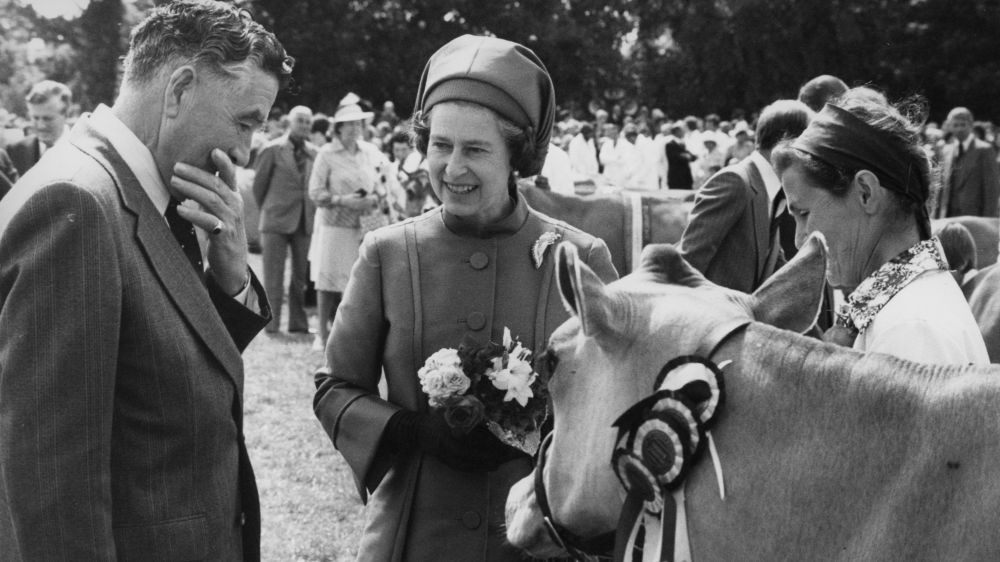
What is a crown dependency?
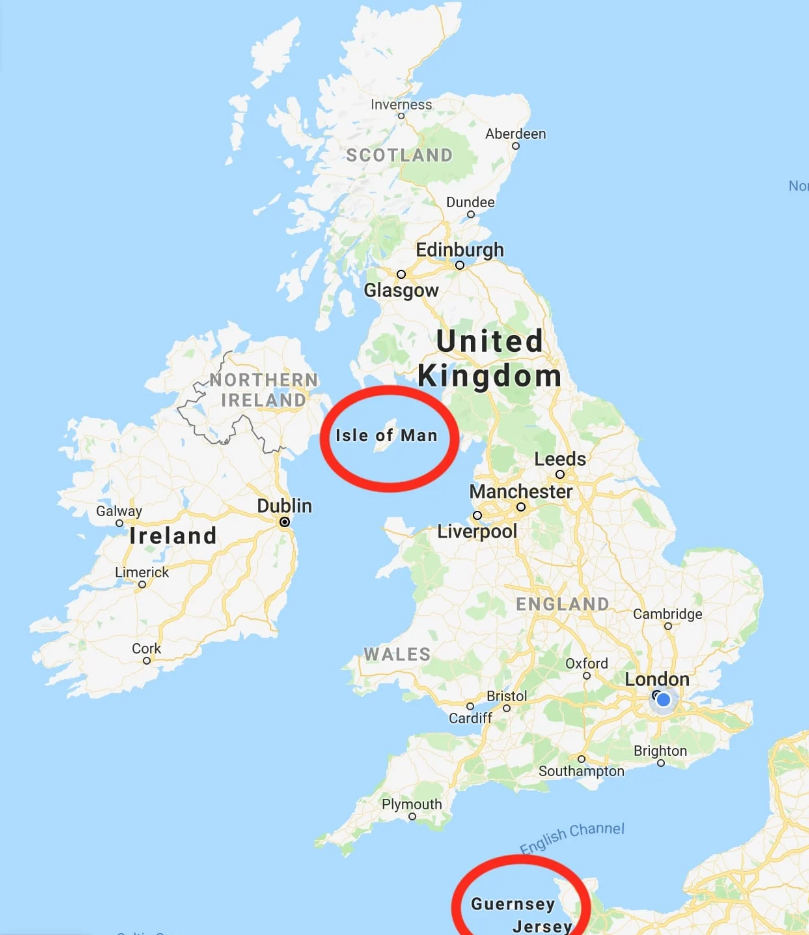
The Crown Dependencies are not part of the UK but are self-governing dependencies of the Crown. This means they have their own directly elected legislative assemblies, administrative, fiscal and legal systems and their own courts of law. The Crown Dependencies are not represented in the UK Parliament.
The British Islands that are involved in this system of the dependency are the Bailiwick of Guernsey, the Bailiwick of Jersey, and the Isle of Man. They are not part of the United Kingdom nor are they British Overseas Territories.
Why is Jersey a Crown Dependency?
The Channel Islands is comprised of two Crown Dependencies the Bailiwicks of Jersey and Guernsey. The Bailiwick of Guernsey is comprised of the Islands of Guernsey, Alderney, Sark and Herm.
In each Bailiwick, the Queen’s personal representative is the Lieutenant Governor, who since the mid-eighteenth century has acted as the channel of communication between the Sovereign and the Channel Islands’ government. The United Kingdom Government is responsible for the defence and international relations of the Islands and the Crown is ultimately responsible for good governance.
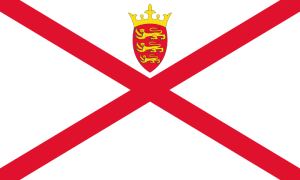
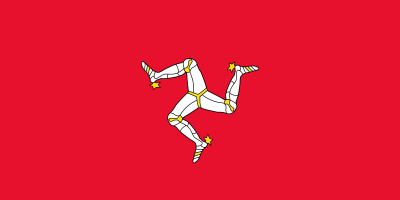
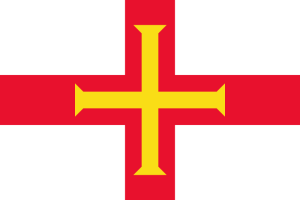
In fulfilling its responsibilities to the Islands, the Crown acts through the Privy Council. The Secretary of State for Justice and Lord Chancellor is the Privy Counsellor and the minister responsible for the affairs of the Channel Islands. In the Channel Islands The Queen is known as The Duke of Normandy. At official functions, islanders raise the loyal toast to ‘The Duke of Normandy, our Queen’. The Queen has visited the islands on various occasions, most recently in May 2005 to mark the 60th anniversary of their liberation from German occupation.
History behind Jersey becoming self governing
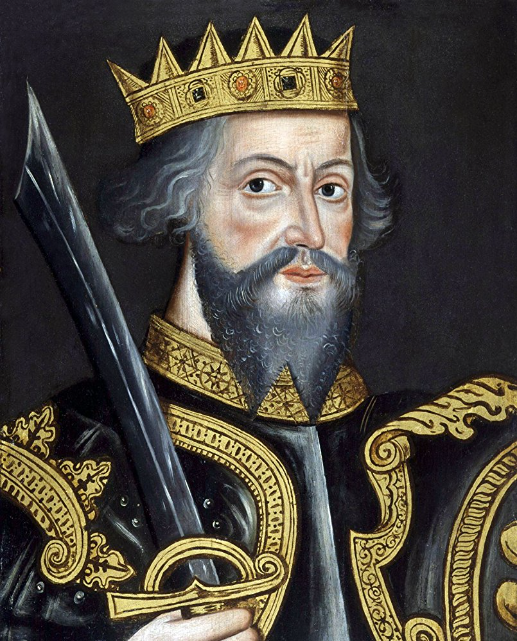
In 1204 King John lost the Battle of Rouen against the French King Philippe-Auguste. The defeat signalled the loss of continental Normandy, united with the English Crown since the invasion of England by William the Conqueror in 1066. In 1106, William’s youngest son Henry I seized the Duchy of Normandy from his brother Robert; since that time, the English and subsequently British Sovereign has held the title Duke of Normandy. By 1205, England had lost most of its French lands, including Normandy. However, the Channel Islands, part of the lost Duchy, remained a self-governing possession of the English Crown. While the islands today retain autonomy in government, they owe allegiance to The Queen in her role as Duke of Normandy.
Among the privileges which the King granted Islanders was the right to be governed by their own laws and he instructed them to select their 12 best men as Jurats who, sitting with the Bailiff, became the Island’s Royal Court. A warden, later to become governor, was appointed by the King to organise the defence of the Island.
